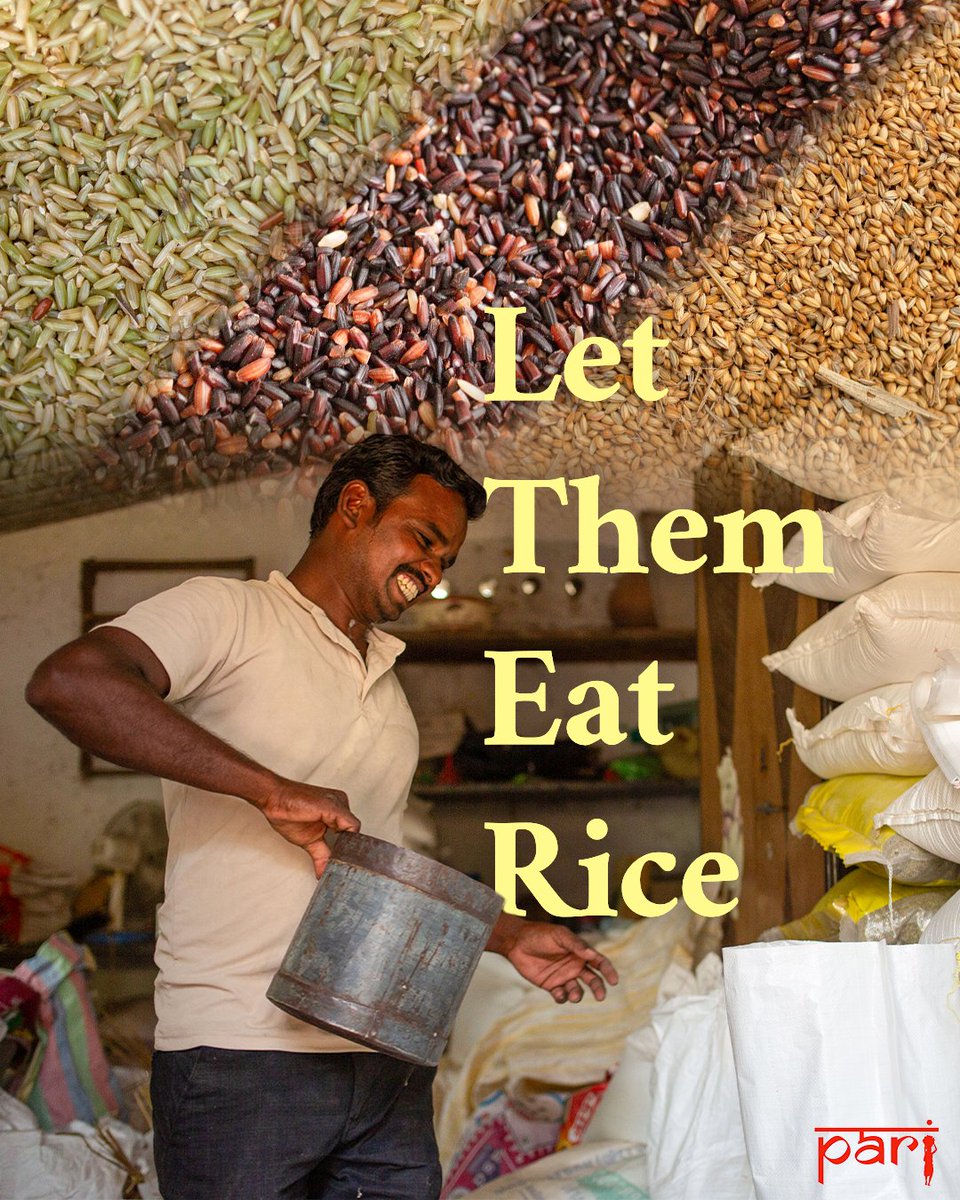"They tried making the ground difficult to sit on.We remained seated.When I bent down to drink water they smashed me on the head."Freedom fighter Baji Mohammed calmly describes the brutal attack he bore for his peace keeping efforts in the aftermath of the #BabriMasjid demolition 

A firm satyagrahi, he continued serving his country long after independence by participating in any cause that mattered to masses. Having donated all his 14 acres of land to the Bhoodan movement, his most cherished possesions are photos of him in Mahatma Gandhi's protest marches.
He was part of a vanishing tribe of countless rural Indians who sacrificed much for India’s freedom."I was more seva dal than Satta dal,"says the gentle old man,smiling, as the many sacrifices for an idea of India sit lightly on his shoulders.ruralindiaonline.org/articles/nine-…
@PSainath_org
@PSainath_org
• • •
Missing some Tweet in this thread? You can try to
force a refresh






















